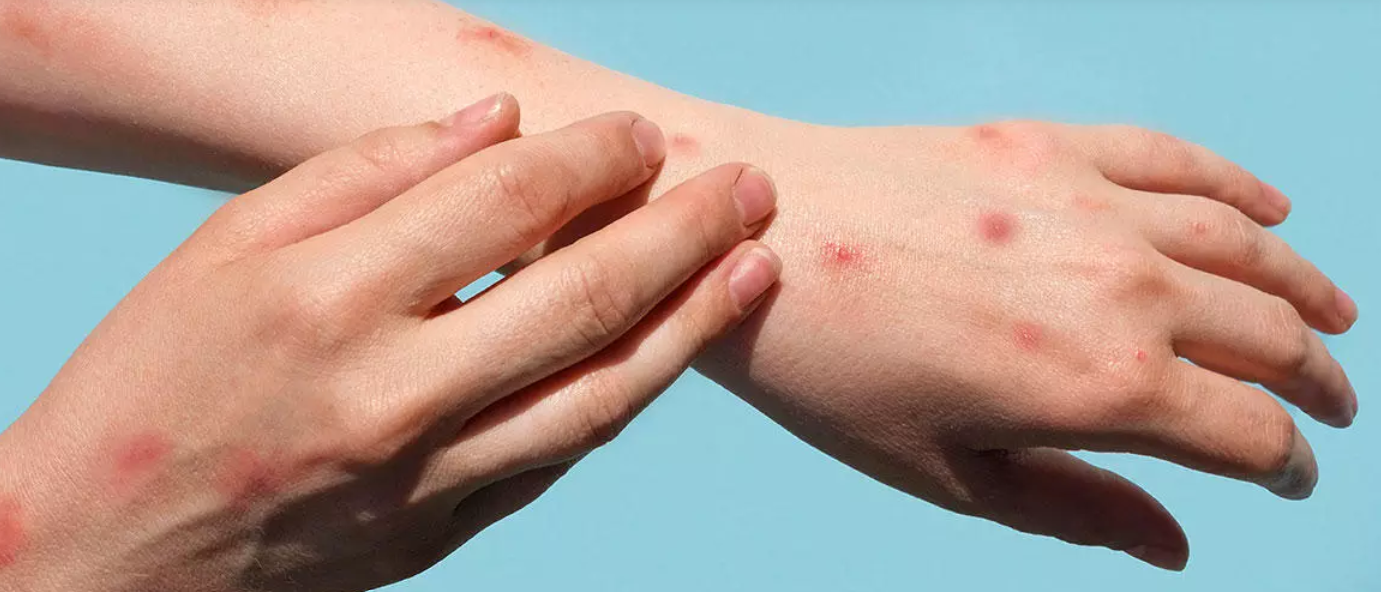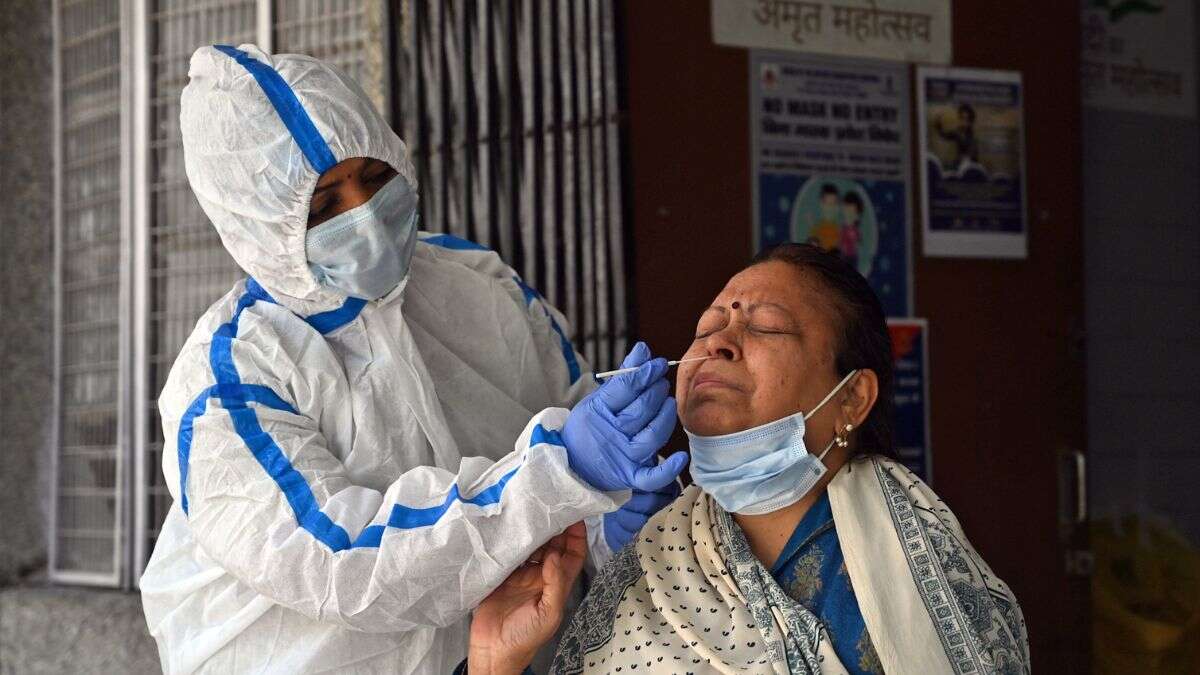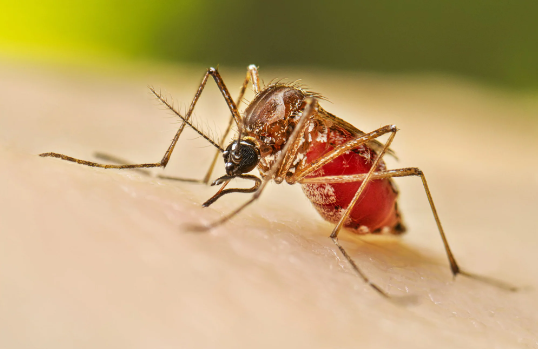Dr. Tedros Adhanom Ghebreyesus, Director-General of the WHO, has officially declared the recent surge in mpox cases across the Democratic Republic of the Congo (DRC) and other African nations a Public Health Emergency of International Concern (PHEIC) under the International Health Regulations (2005).

This decision follows a review by the IHR Emergency Committee, comprised of independent experts, who assessed the latest data from WHO and affected countries. The Committee concluded that the mpox outbreak poses a significant risk of further spread within Africa and potentially beyond the continent.
In his declaration, Dr. Tedros highlighted the concerning emergence of a new mpox strain and its rapid spread in eastern DRC, noting that outbreaks are also occurring in neighboring countries. He emphasized the urgent need for a coordinated international response to contain these outbreaks and mitigate their impact.
Dr. Matshidiso Moeti, WHO Regional Director for Africa, acknowledged ongoing efforts in collaboration with communities and governments to combat mpox. She stressed the need for enhanced international cooperation to support affected countries in ending the outbreaks.
Committee Chair Professor Dimie Ogoina underscored the global urgency of the situation, pointing out that the new, sexually transmissible strain of the mpox virus is a significant threat not only to Africa but to the world. He called for decisive action to prevent a repeat of past global outbreaks.
This PHEIC declaration marks the second time in two years that mpox has been classified as such. The disease, first identified in humans in 1970 in the DRC, is endemic to central and west Africa. The previous PHEIC, declared in July 2022 due to a multi-country outbreak, was lifted in May 2023 following a global decline in cases.
The DRC has reported a steady increase in mpox cases over the past decade, with over 15,600 cases and 537 deaths recorded this year alone. The new clade 1b strain, which has been spreading primarily through sexual networks, has been detected in neighboring countries including Burundi, Kenya, Rwanda, and Uganda.
The WHO recommends two vaccines for mpox, which are endorsed by the Strategic Advisory Group of Experts on Immunization and approved by national regulatory authorities. The WHO has initiated the Emergency Use Listing process for these vaccines to expedite access for lower-income countries. Additionally, the organization is coordinating with vaccine manufacturers and partners to ensure equitable distribution of vaccines, therapeutics, and diagnostics.
To support immediate response efforts, WHO has released $1.45 million from its Contingency Fund for Emergencies and is appealing to donors for further funding. The organization estimates an initial funding requirement of $15 million for surveillance, preparedness, and response activities.



